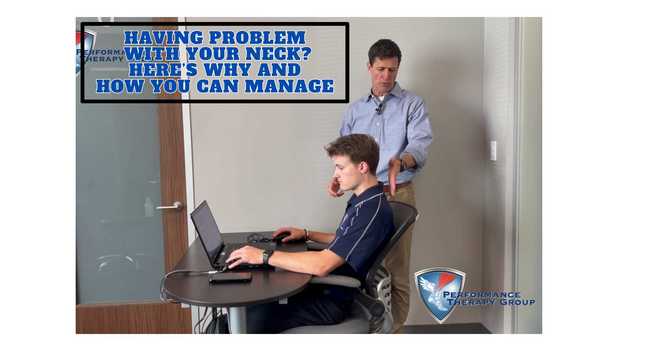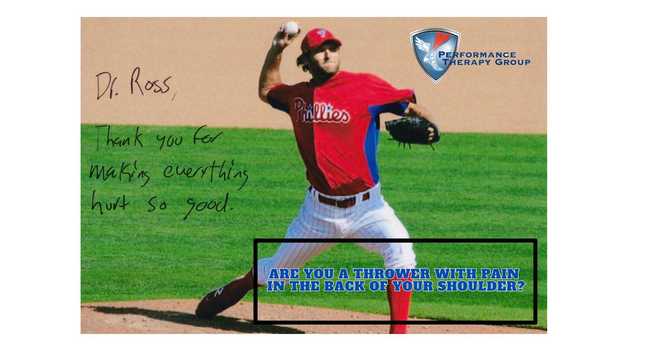Motor vehicle accidents can result in a wide range of injuries, varying in severity depending on the circumstances of the accident. Neck injuries are quite common in motor vehicle accidents, particularly in rear-end collisions.
If you've been in a car wreck and you're experiencing anterior neck pain, pain in the front, or even suboccipital pain, it's usually a result of sudden stops, causing quick forward flexion. This action stretches and strains the muscles in the back, depending on your position at the time.
Simultaneously, as the car comes to a halt, your head tends to whip back, but fortunately, headrests provide some protection. However, since your body is usually slightly forward, your head is able to stretch, often affecting the sternocleidomastoid (SCM) muscle.
The sternocleidomastoid (SCM) muscle is a paired muscle located on either side of the neck. It is a long, thin muscle with a broad central tendon separating the sternal and clavicular heads. They flex the neck forward, aiding in actions such as looking down or bringing the chin toward the chest, ipsilateral (same side) rotation of the head and contralateral (opposite side) flexion of the neck, and assist in elevating the sternum during deep inhalation.
The SCM muscle can get strained when your head snaps back. To alleviate this, we employ a few techniques when treating patients after a motor vehicle accident. Sometimes, we perform the active release technique, applying pressure directly on the muscle and creating a gentle stretch, depending on its sensitivity.
Alternatively, we may use trigger point therapy, targeting the most tender areas and applying pressure according to your comfort level. Additionally, we may use a pinching technique, applying tension while moving your head away and laterally flexing it. It can be a bit challenging to target that muscle directly, but these are the methods we employ to loosen the muscles of the SCM after a motor vehicle accident.
If you experience persistent or severe pain, restricted movement, or any concerns related to the sternocleidomastoid muscle, give us a call, we’d like to help.


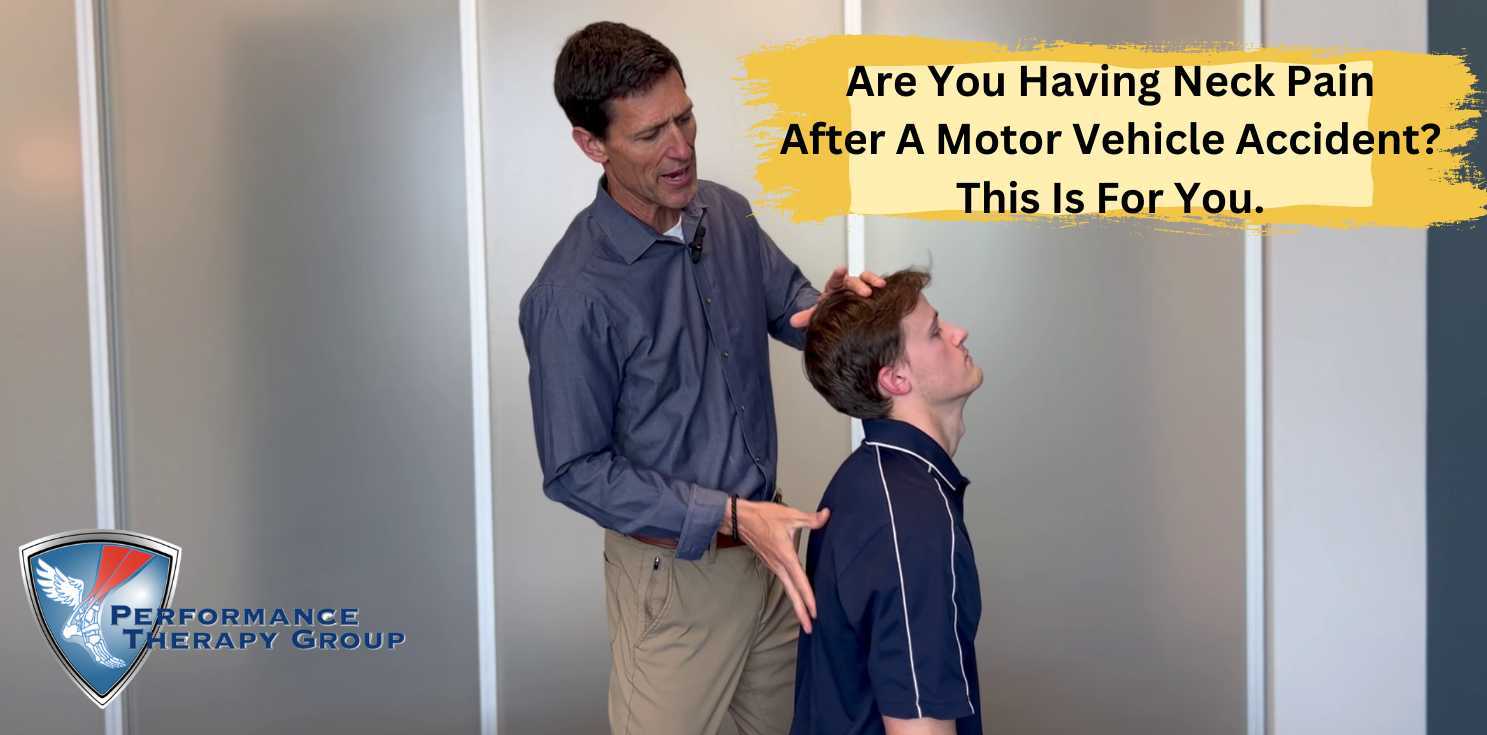
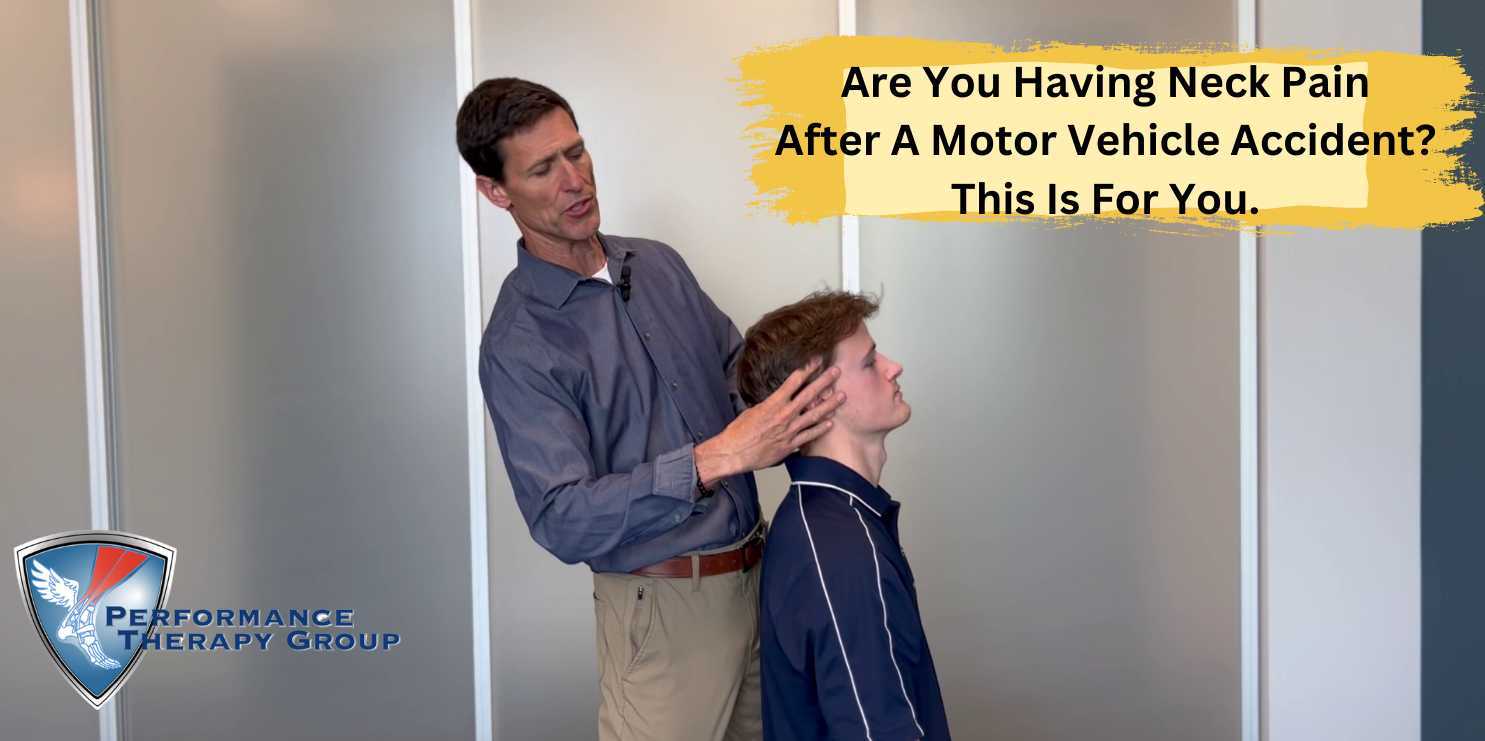
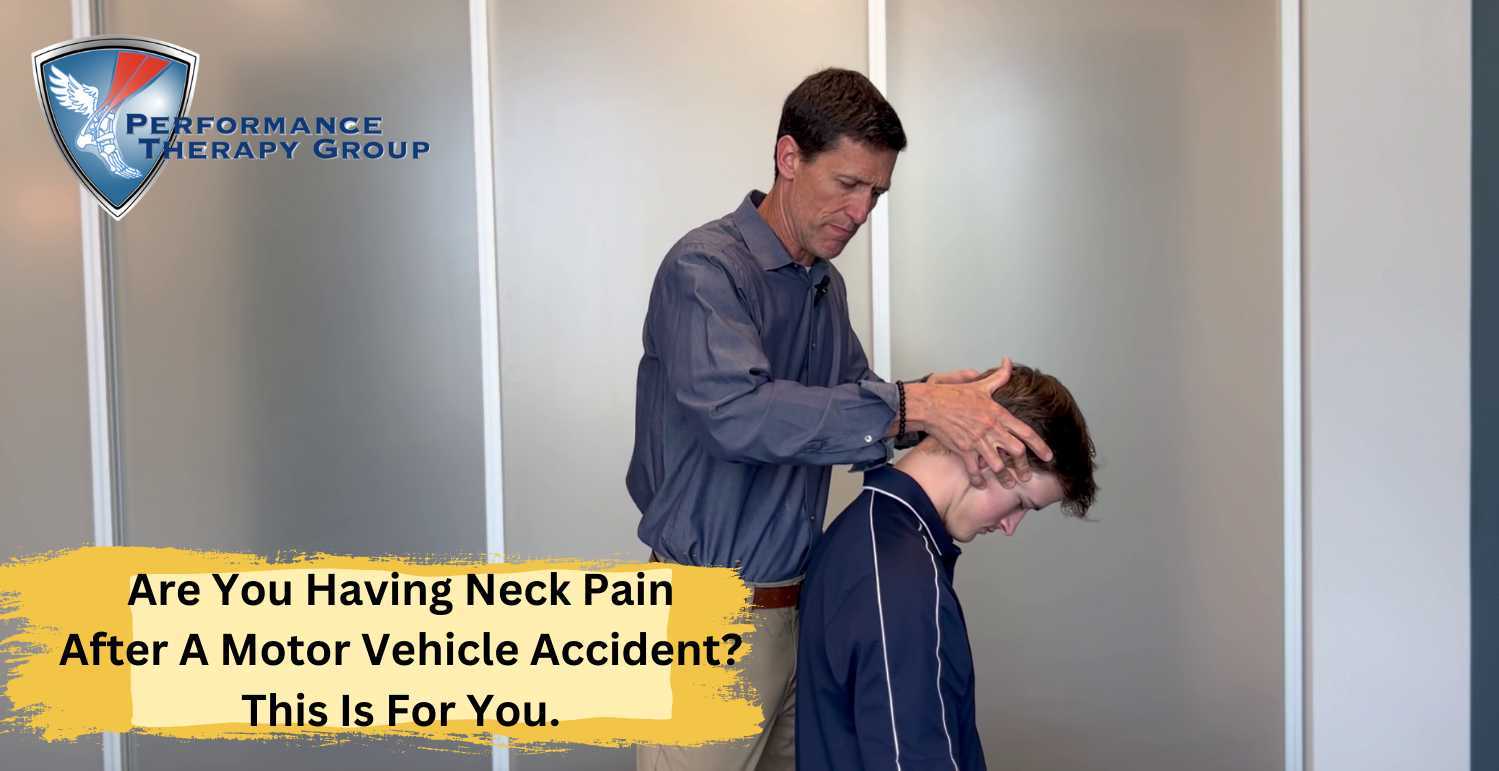
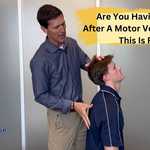
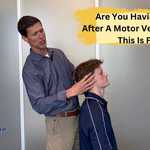
.jpg)
